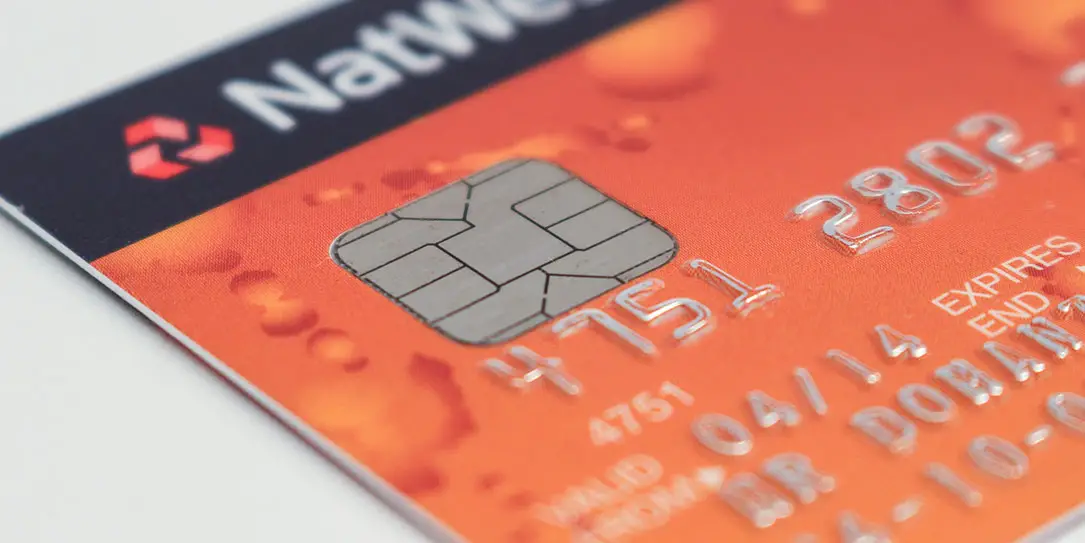Black Friday is just around the corner, although many retailers have been taking advantage of the yearly event since the beginning of the month. While there are many deals to be had in store, many retailers also have fantastic deals for those who prefer online shopping — especially for Cyber Monday. While fraud can certainly exist anywhere, extra precautions should be taken when making a purchase online from your computer, smartphone, or tablet.
The folks over at SecureWorks, a Dell Technologies business, have sent us some online shopping tips to help keep your banking information safe this holiday shopping season.
- Make sure your device’s operating system, anti-virus and malware detection software is patched and up to date. Also, keep your browser and browser plug-ins (document viewers, music and video players and rich content applications), patched and up-to-date.
- ONLY use a trusted network when shopping online or performing ANY financial transactions. Cafes and restaurants commonly offer free wireless Internet access. These untrusted networks may pose a threat as they introduce a variety of risks. An attacker may eavesdrop on information sent or received, resulting in a loss of confidentiality.
- Always type the web address of your favorite shopping websites into your browser. Online ads and emails may direct you to bogus sites designed by cyber criminals to extract personal information.
- When making online purchases, look for HTTPS in the URL window. The extra “S” after HTTP lets you know the website provides a layer of security.
- Be very cautious using websites, online ads or unsolicited emails with free offers or big discounts. Also, be sure NOT to click on links or attachments in emails, which could infect your computer with malicious software.
- Make online purchases using a credit card with a small credit limit. This minimizes your potential exposure.
- Be wary of holiday greetings, news and pictures, with links or attachments. Verify first that the correspondent sent you the email. Your friends could have had their email address book hijacked by hackers.
- Never respond to emails from your bank or any financial institution that ask for account or personal information. Financial institutions rarely ask customers to update information via email, and they never ask you to disclose sensitive information via email.
- Avoid using weak or default passwords for any online site. Use a different password for each site; store your passwords securely and auto-generate new, strong passwords with a passport management tool like LastPass or KeePass.
- When possible, use a computer dedicated solely for accessing financial accounts, online purchases and paying bills. This computer should not be used for surfing the Web or for emailing, the primary vectors for infecting your computer and this computer should also be used on a trusted network.
Do you follow any or all of the above tips when shopping online? Are there any other tips you’d recommend? Let us know in the comments below or on Google+, Twitter, or Facebook.










